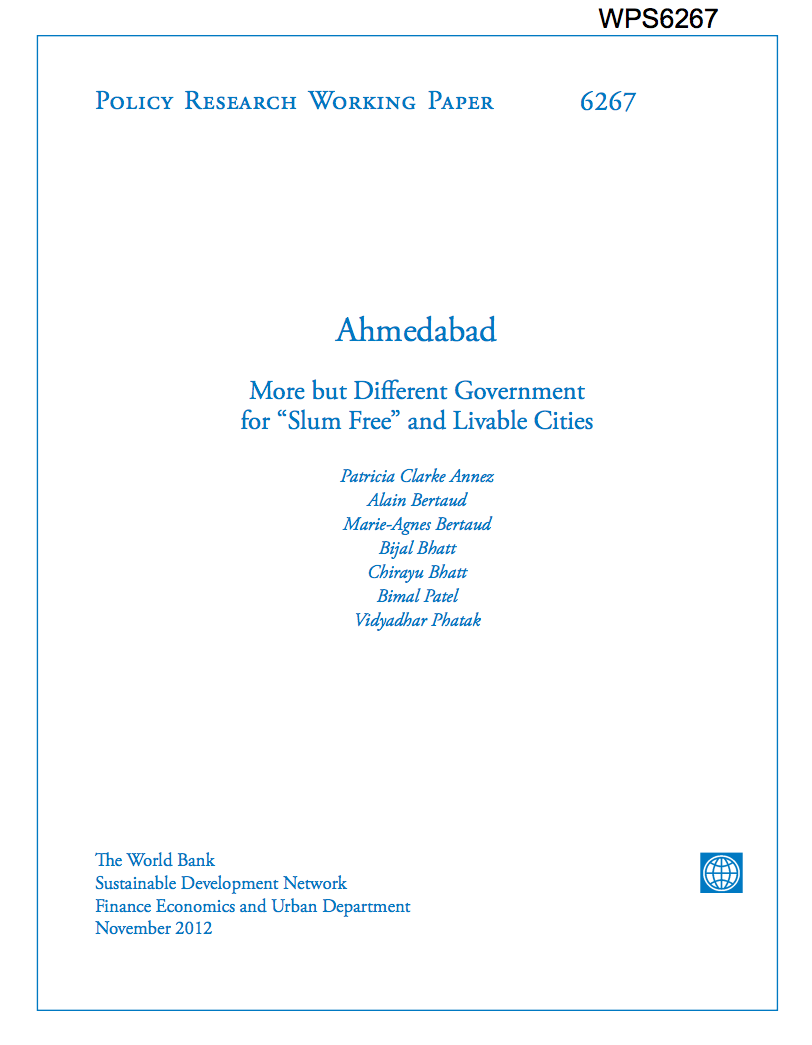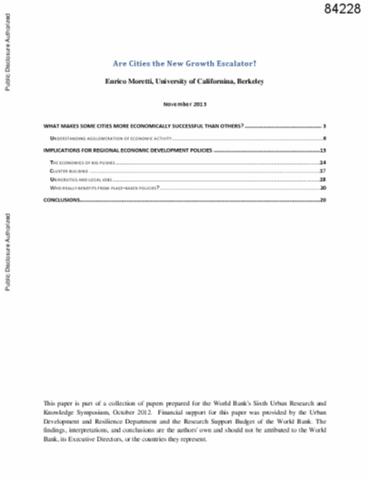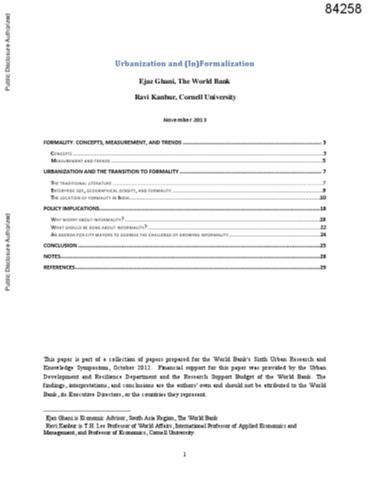Data and Dogma : The Great Indian Poverty Debate
What happened to poverty in India in the
1990s has been fiercely debated, both politically and
statistically. The debate has run parallel to the wider
debate about globalization and poverty in the 1990s and is
also an important part of that debate. The economic reforms
of the early 1990s in India were followed by rates of
economic growth that were high by historical standards. The
effects on poverty remain controversial, however. The





